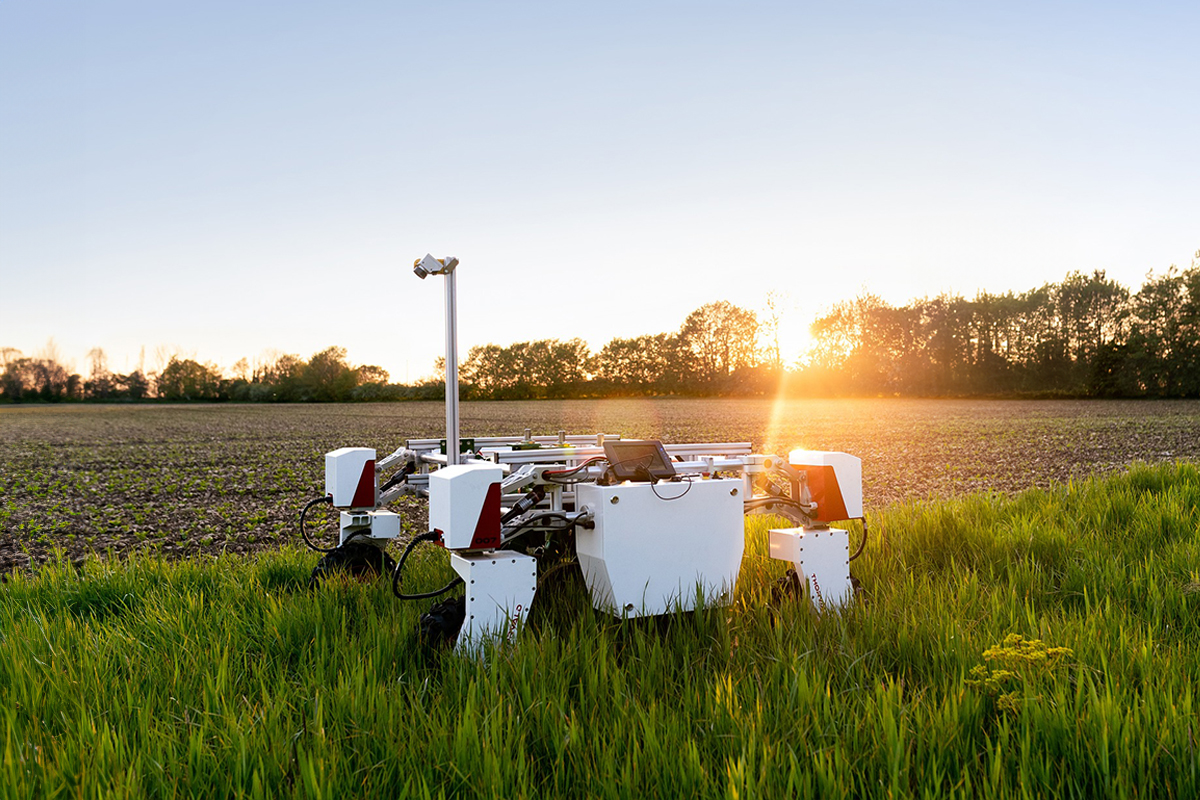In today’s world, marked by complex global issues, the role of technology, especially artificial intelligence (AI), is becoming increasingly crucial in steering us towards a sustainable and thriving future. The convergence of environmental, societal, and governance challenges has hit a tipping point, demanding swift and effective solutions. AI-enabled technology is taking center stage in this scenario, offering groundbreaking approaches that are redefining our strategies to tackle these global issues.
The Economic and Ecological Advantages of AI
Recent research has underscored the profound effects of AI across multiple sectors, such as agriculture, energy, transportation, and water management. By 2030, AI-driven initiatives in these areas are anticipated to contribute roughly $5.2 trillion to the worldwide economy, indicating a 4.4% increase over conventional approaches.
This economic gain is coupled with a notable ecological advantage, including an estimated 4% decrease in global greenhouse gas emissions. This reduction is equivalent to the yearly emissions of nations like Australia, Canada, and Japan, illustrating AI’s significant role in promoting a more sustainable planet.
AI’s Role in Alleviating Global Food Shortages
AI’s implementation in agriculture is particularly vital. It heralds a new chapter in addressing world hunger by enhancing and automating agricultural processes. Integrating AI with data management in farming practices holds the promise of a more efficient and ecologically sound food production system.
This strategy not only combats the critical issue of food scarcity but also leads to more equitable resource distribution.
Transforming Agricultural Practices with AI
AI’s introduction into agriculture signals a shift towards automated maintenance, diminishing the need for intensive human labor. Techniques previously dependent on field conditions are now being adapted to greenhouses, yielding superior crop quality and quantity. AI-driven data collection is revolutionizing the traditionally labor-intensive aspects of agriculture, marking a pivotal change in our approach to farming.
Leveraging Data for Optimal Crop Cultivation
The amalgamation of AI with traditional farming has brought forth impressive advancements. Farmers now utilize satellite data to predict weather patterns and monitor pest infestations, incorporating vast data into everyday farming operations. AI analyzes this data, offering practical advice and strategies to boost crop yields. This data-centric method not only refines farming techniques but also promotes more efficient and responsible land use.
The significance of AI in shaping our future is immense. Its applications in critical sectors, particularly agriculture, are not just promising but imperative in tackling the urgent challenges of our era. As we progress, the integration of AI into our lives will be pivotal in forging a resilient, sustainable, and prosperous future for all.







